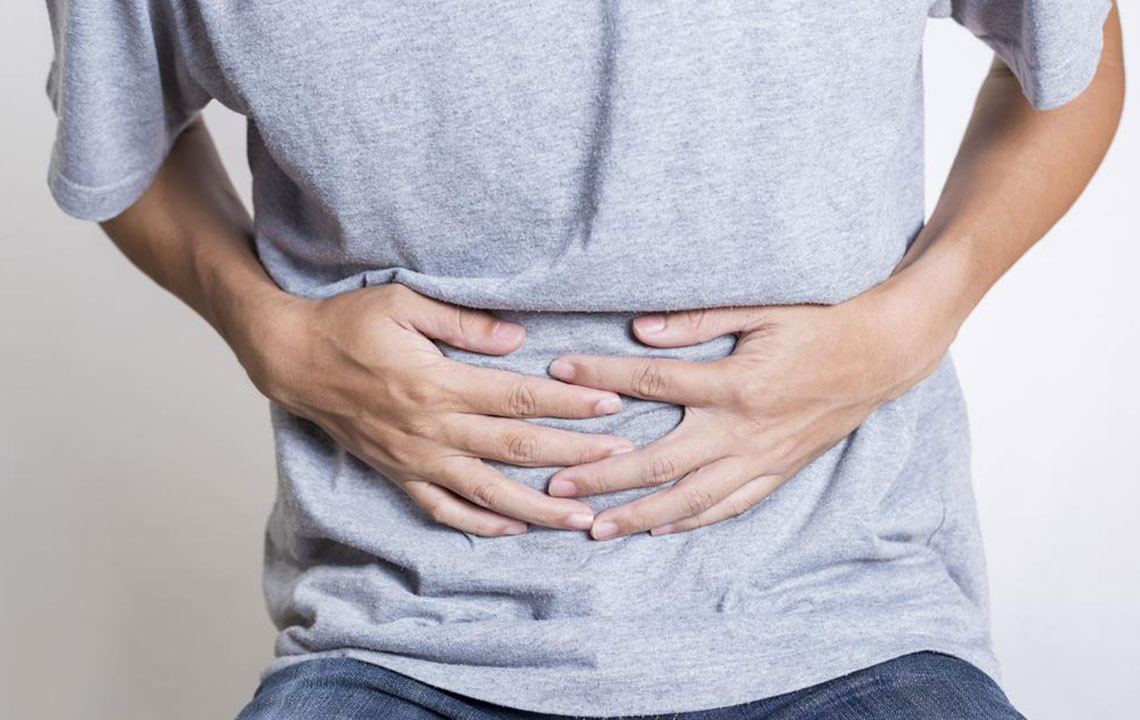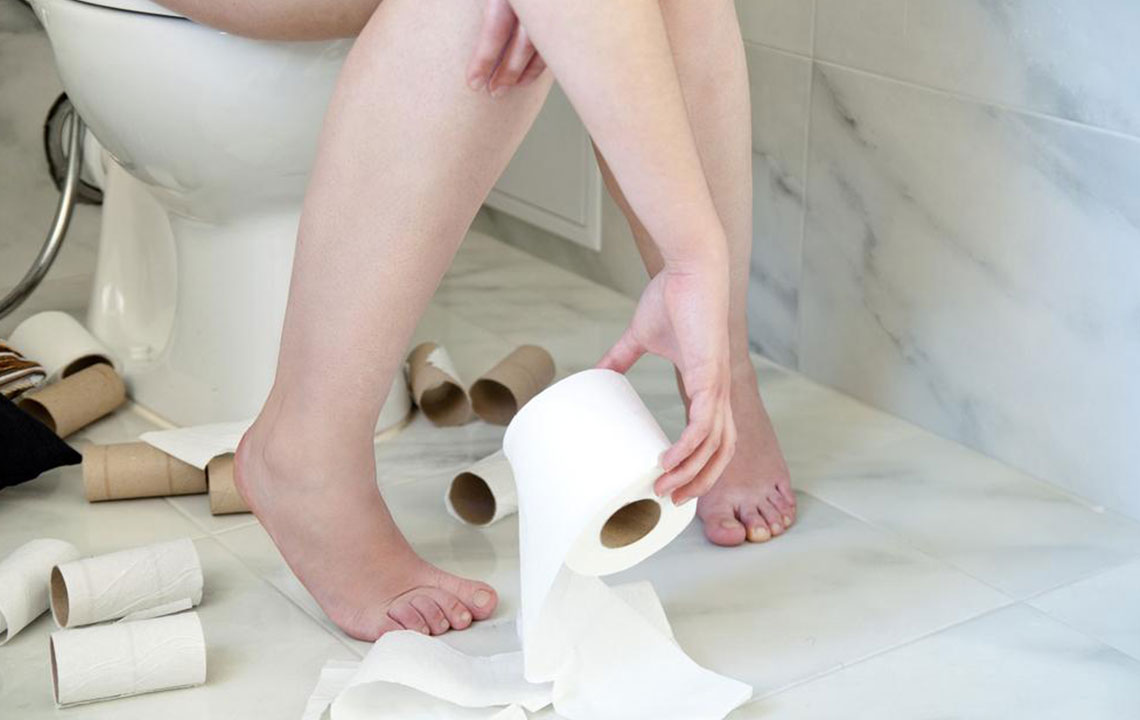Comprehensive Guide to Persistent Constipation: Causes, Symptoms, and Effective Treatments
This comprehensive guide explores the causes, symptoms, diagnosis, and treatment options for persistent constipation. It emphasizes the importance of identifying underlying issues and adopting lifestyle changes, medications, or surgical methods, if necessary. Recognizing early signs and consulting healthcare professionals can greatly improve outcomes and restore healthy bowel movements, enhancing quality of life.

Comprehensive Guide to Persistent Constipation: Causes, Symptoms, and Effective Treatments
Constipation is a common digestive issue characterized by infrequent or difficult bowel movements. Typically, individuals experiencing fewer than three bowel movements per week are considered to have constipation. When this condition persists over extended periods, usually for several weeks or more, it is classified as chronic constipation. This persistent problem can significantly affect an individual's quality of life, causing discomfort, pain, and other health issues. Understanding the underlying causes, recognizing key symptoms, and exploring effective treatment options are essential steps toward managing this condition successfully.
Recognizing the Symptoms of Chronic Constipation
Identifying chronic constipation involves noticing specific signs and symptoms that indicate a persistent pattern. Recognizing these indicators early can help seek timely medical intervention, thereby preventing complications. The common signs include:
Infrequent bowel movements: Having fewer than three bowel movements per week is a hallmark of constipation.
Straining during defecation: Excessive effort or difficulty passing stools often accompanies chronic constipation.
Hard, lumpy stools: Stool that is dry, hard, or lumpy makes evacuation challenging.
Lower abdominal discomfort: Persistent cramping, bloating, or pain in the lower abdomen may occur.
Bloating and gas: A feeling of fullness, distension, or excessive gas often accompanies constipation.
Rectal bleeding or fissures: Straining can cause small tears in the rectum, leading to bleeding.
Incomplete evacuation: Feeling of not fully emptying the bowels even after a movement.
Persistent symptoms: Symptoms lasting for several weeks necessitate medical attention to rule out more serious conditions.
Underlying Causes of Chronic Constipation
Chronic constipation has various potential causes, which often require comprehensive evaluation to determine the root problem. Understanding these causes helps tailor the most effective treatment plan. The primary factors include:
Anatomical obstructions: Blockages or structural abnormalities in the rectum or colon such as external pressure, tumors, fissures, or strictures can hinder stool passage.
Pelvic floor dysfunction: Weakness or inability to relax pelvic and anal muscles during defecation can impair bowel movement, leading to constipation.
Hormonal imbalances: Conditions such as pregnancy, diabetes, hypothyroidism, or other hormonal disorders can alter fluid balance and intestinal motility.
Nerve-related issues: Damage or damage to nerves controlling bowel movements due to spinal injuries, multiple sclerosis, or other neurological disorders can disrupt normal function.
Medication side effects: Use of medications including iron supplements, opioids, antidepressants, and anticholinergics often causes constipation.
Dietary and lifestyle factors: Low fiber intake, dehydration, high-stress levels, and sedentary lifestyles significantly contribute to constipation.
Aging and medical conditions: As people age, gastrointestinal motility may slow down, making elderly individuals more prone. Diseases such as diabetes, colon polyps, or other gastrointestinal disorders can also play a role.
Eating disorders: Conditions like anorexia nervosa can interfere with normal bowel function.
Accurately identifying the cause of chronic constipation is crucial for effective treatment. Self-medicating with laxatives without consulting a healthcare professional can sometimes worsen the condition or mask underlying issues that require specific interventions.
Diagnosis of Chronic Constipation
To diagnose persistent constipation, healthcare providers typically perform a thorough assessment that includes medical history, physical examination, and possibly more specialized testing. These diagnostic measures help pinpoint the root cause and guide treatment decisions:
Physical Examination: Palpation and inspection of the abdomen and rectal examination to assess muscle tone and detect any abnormalities.
Blood Tests: To evaluate for hormonal imbalances, markers of inflammation, or other systemic issues.
Colonoscopy: An endoscopic examination of the entire colon to identify tumors, polyps, inflammation, or structural abnormalities.
Sigmoidoscopy: A more limited scope inspection of the lower colon and rectum.
Defecography: Imaging with barium contrast to visualize bowel evacuation and identify abnormalities in muscle coordination.
MRI Defecography: Detailed visualization of pelvic muscles and structures during defecation to detect dysfunctions.
Anorectal Manometry: Tests to measure sphincter tone and reflexes involved in bowel movements.
Balloon Expulsion Test: Evaluation of the ability to expel a balloon from the rectum, providing insight into defecation disorders.
Effective Management and Treatment Strategies
Addressing chronic constipation comprehensively often involves multiple approaches tailored to individual needs. The main treatment options include:
Dietary modifications: Incorporating a high-fiber diet consisting of whole grains, leafy greens, fruits, and vegetables to promote regular bowel movements. Adequate hydration, typically 8-10 glasses of water daily, is vital.
Physical activity: Regular exercise, such as walking, swimming, or other aerobic activities, helps stimulate intestinal motility.
Laxatives and stool softeners: When necessary, healthcare providers may recommend short-term use of laxatives, stool softeners, or osmotic agents to ease defecation. Long-term use should be supervised to prevent dependency.
Behavioral therapies: Biofeedback or pelvic floor therapy can be beneficial for those with pelvic floor dysfunctions.
Medications: Certain medications targeting underlying conditions, such as thyroid hormone replacement or nerve stimulants, may be prescribed.
Surgical interventions: In severe cases where conservative treatments fail, procedures such as colectomy or rectal surgeries might be necessary.
Addressing lifestyle factors: Managing stress, avoiding holding back stool, and establishing regular bathroom routines are important behavioral adjustments.
While chronic constipation can significantly affect daily life, it is usually not life-threatening. However, persistent symptoms require proper evaluation and tailored treatment to prevent complications such as hemorrhoids, anal fissures, or fecal impaction. With appropriate management, most individuals experience significant relief and regain normal bowel function.





